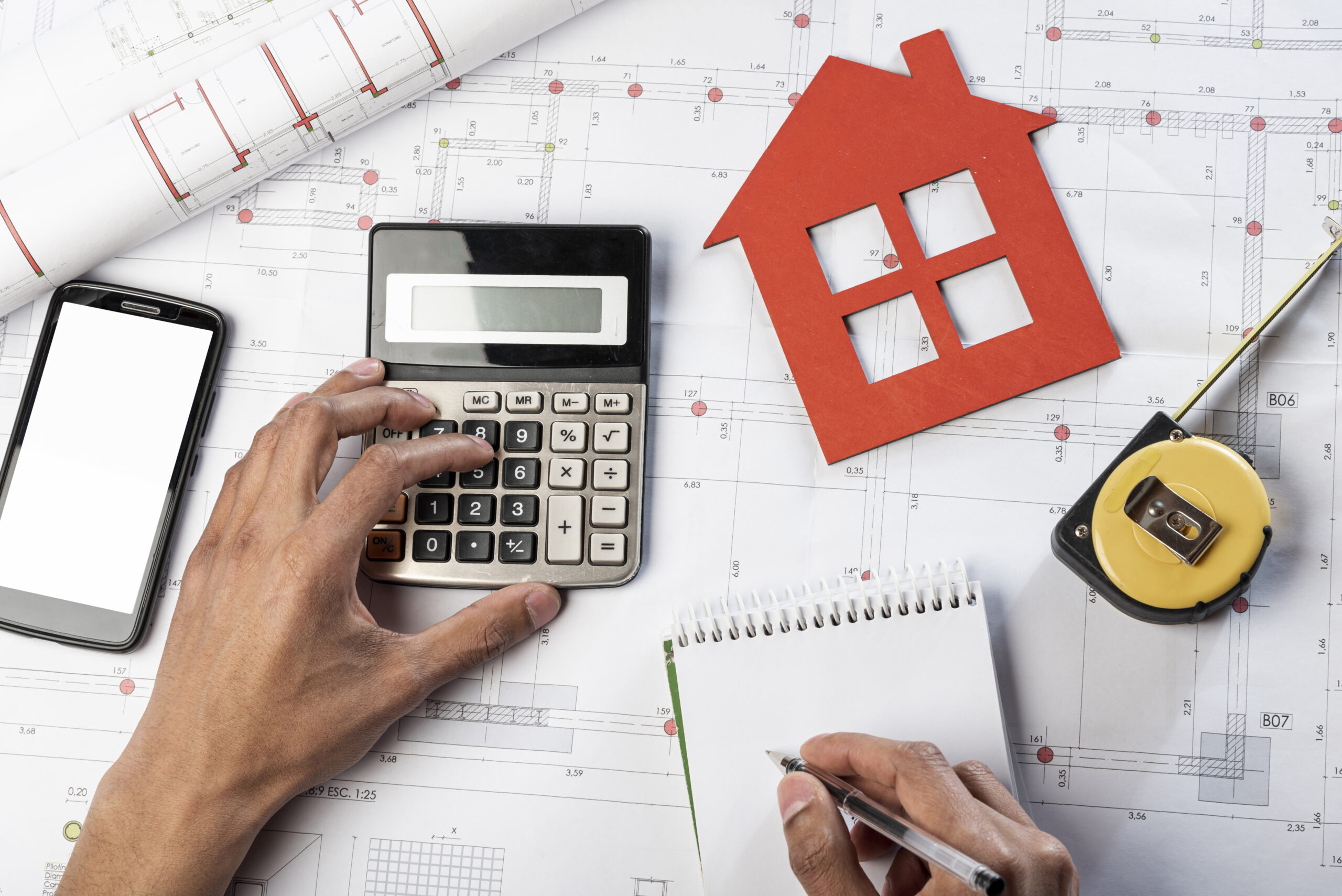
Blogs
What's New Trending

Property tax is a levy imposed by local municipal authorities on the owners of properties, including residential, commercial, and land parcels. The tax amount is typically based on the property’s value, size, location, and usage.
The calculation of property tax varies across different states and municipalities in India. However, the following common factors are usually considered:
Determine which municipal corporation or local body governs your property and is responsible for collecting property tax.
2. Obtain Property Tax Details
Access the local authority’s website or office to get information on the tax rate, calculation method, and payment due dates.
3. Calculate the Tax Amount Use the provided formula or an online property tax calculator available on the local authority’s website to compute the tax payable.
4. Make the Payment Property tax payments can be made online through the local authority’s portal or in person at designated banks and municipal offices.
5. Keep Records Save the payment receipts and tax assessment details for future reference and to resolve any disputes.
1.Legal Compliance
Paying property tax ensures you remain compliant with local laws, avoiding legal issues and penalties.
2. Public Services
The tax revenue is used to fund essential public services like road maintenance, water supply, sanitation, and education.
3. Property Value Appreciation Regular payment of property tax contributes to the overall development of the area, leading to an increase in property values.
Understanding and paying property taxes is crucial for property owners in India. It not only ensures compliance with legal requirements but also contributes to the development and maintenance of essential public services. Stay informed about your local property tax regulations and make timely payments to avoid penalties and enjoy the benefits of a well-maintained community.
Get latest news and update
